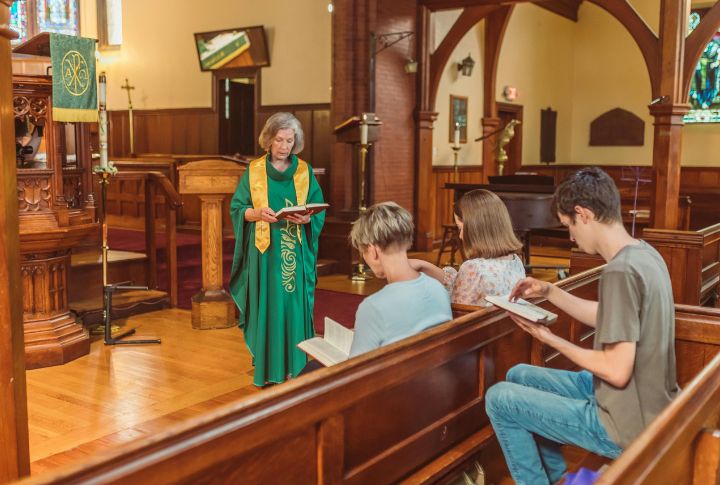
For most of human history, religion has offered explanations and shaped traditions. But what if it had never been part of the human story? Without its presence, entire systems might have taken different forms. This narrative steps into that alternate reality to explore how life could have unfolded—and how some of it already is.
How Culture Might Begin Without Belief
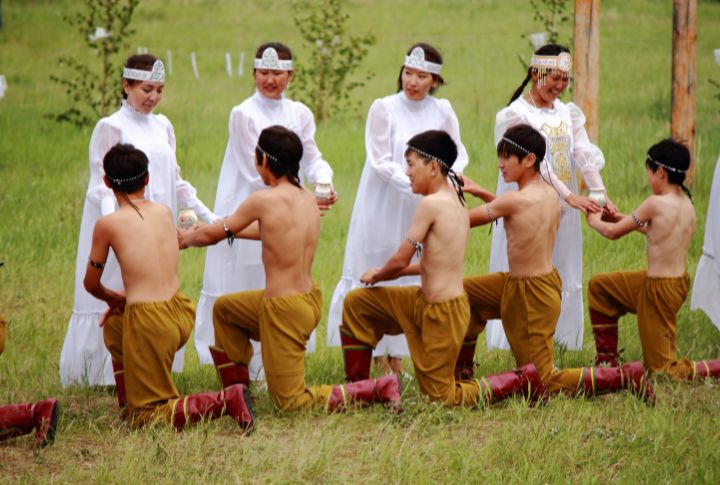
Had religion never existed, early people would still gather and tell stories, but not for the sake of spirits. Traditions might evolve around harvests or heroes, not heavens. Without faith-based boundaries, leadership and shared purpose might look completely different right from the first breath of civilization.
Could Morality Exist Without Religion?

Long before rules were written down, babies already leaned toward kindness. That early preference for helpful behavior seemed to come naturally. As groups formed, fairness became a key to survival. Today, countries like Sweden thrive ethically, and thinkers like Immanuel Kant proved that morality can stand without religious backing.
What Happens To Law Without Sacred Authority?
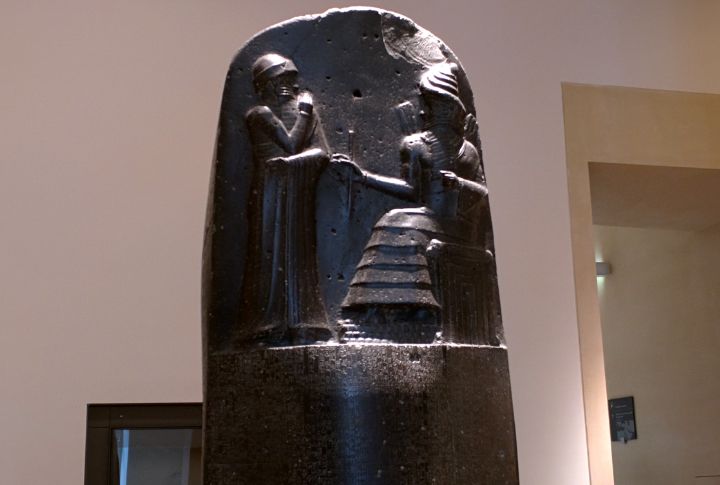
At one point, divine power gave laws their force. Babylon’s rulers leaned on gods to legitimize justice. But later, Greece built courts rooted in debate and reason. In the modern era, most constitutions avoid religious grounding by allowing many belief systems to operate under the same legal umbrella.
Would Civilizations Have Thrived Without Religion’s Structure?
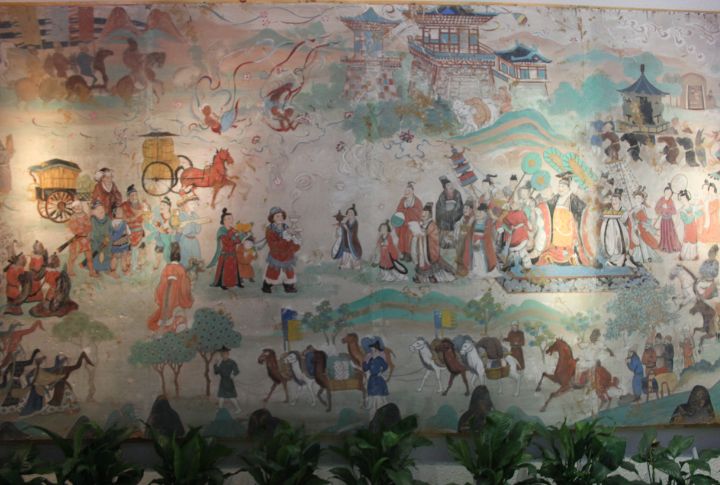
Secular groups and public institutions now manage roles that temples and churches once claimed. Across time, the need for organized education and governance never vanished. In Europe and Tibet, religion filled that space. Meanwhile, in China, Confucian principles—not spiritual rule—built a strong civil foundation instead.
How Religion Shaped Art And What Could Replace It
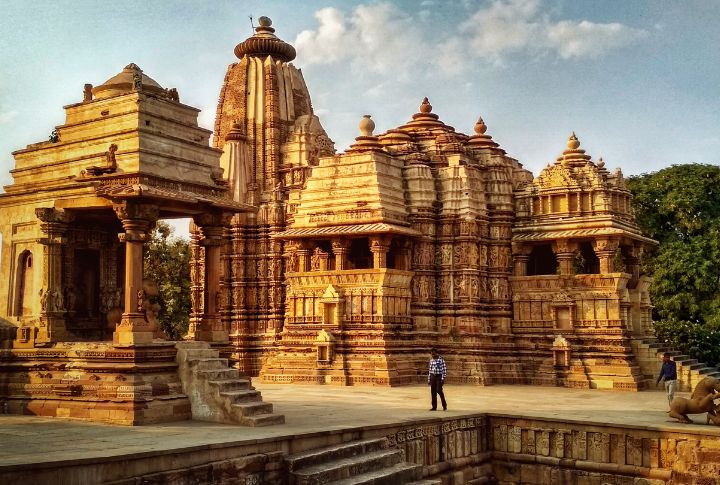
Without religion, much of early art—like Michelangelo’s Sistine ceiling, Hindu temple carvings, or Islamic geometric designs—might never have existed. Faith once gave artists their deepest purpose. Without it, artists may have drawn inspiration from justice, memory, nature, or human connection instead, and some are already doing just that in the present era.
How Religion Shaped And Blocked Science
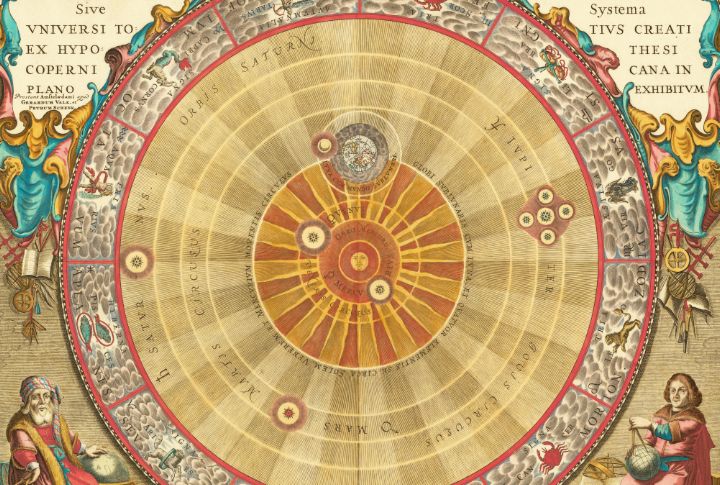
Religion helped preserve science early on—monks and scholars translated ancient texts, and Islamic astronomers pushed boundaries. But it also slowed things down. Galileo Galilei and Charles Darwin clashed with religious views that resisted change. In a world where religion played no role, science might have advanced faster through curiosity, evidence, and fearless exploration.
Can Societies Bond Without Religion?
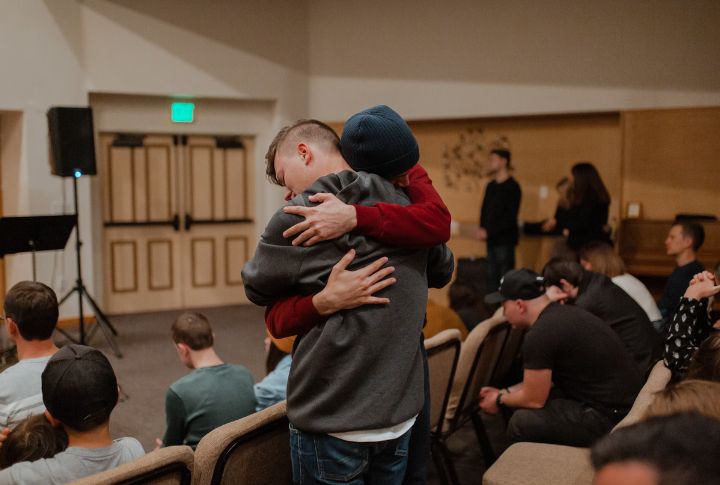
Emile Durkheim believed religion created social glue, but he also noticed something else: without faith, people still bond through rituals. Independence Day and concerts now fill that role. Countries like Norway and the Czech Republic prove that shared identity can thrive in secular spaces.
Would Wars Still Have Happened?
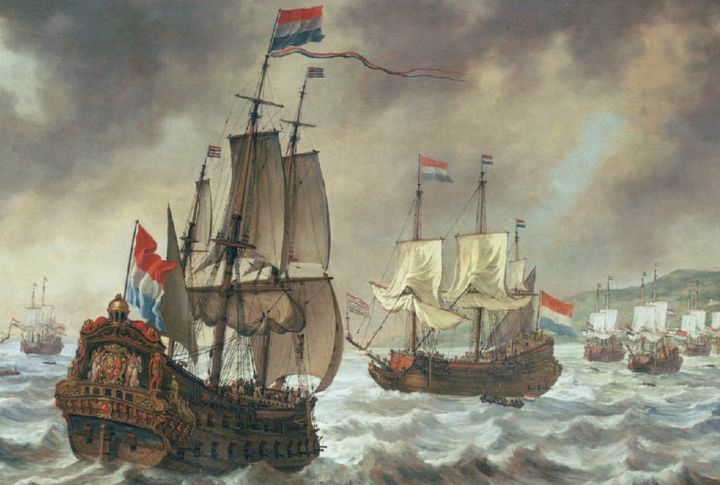
Religion played a part in many wars, but rarely stood alone as the cause. The Thirty Years’ War, for example, carried deep political motives under its religious banner. Even in secular settings, ideas like communism sparked violence. Faith intensified emotions, yet power, territory, and control often ignited the fire.
Facing Death Without Belief In An Afterlife
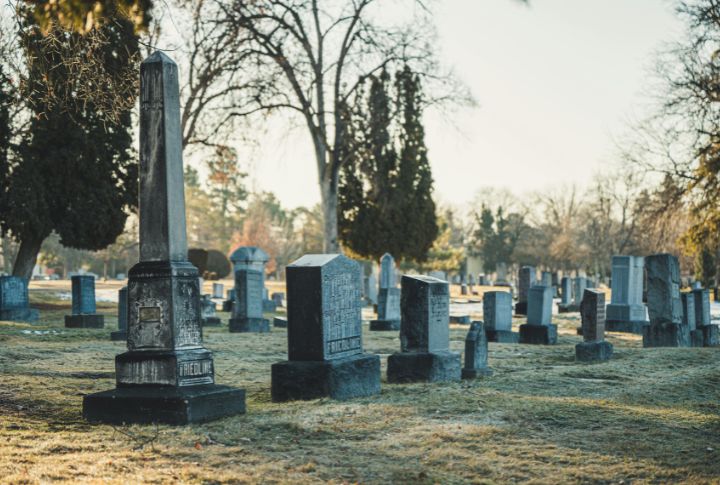
Many people still find peace without belief in heaven or reincarnation. Instead of imagining reunions, secular grief counseling helps families focus on memories. Humanist funerals offer that same sense of meaning. Ancient Stoics, such as Seneca, taught calm acceptance, and today, purpose and community take faith’s place.
How Human Purpose Might Be Understood Without Religion
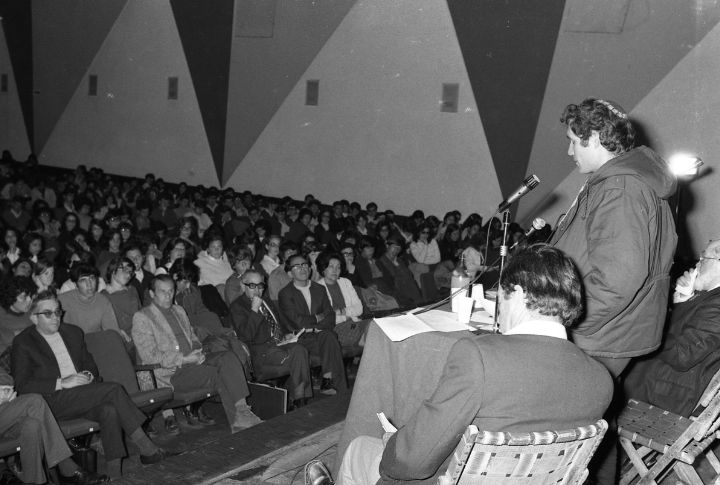
For many, belief gave life a mission. In its absence, meaning might come from creation or legacy. Some could find fulfillment through discovery, while others shape purpose through kindness or beauty. Rather than being part of a divine plan, people might define their place through personal and collective growth.

